Right Nutrition for a Happy Gut
By Nmami Agarwal 07-Sep 2020 Reading Time: 6 Mins
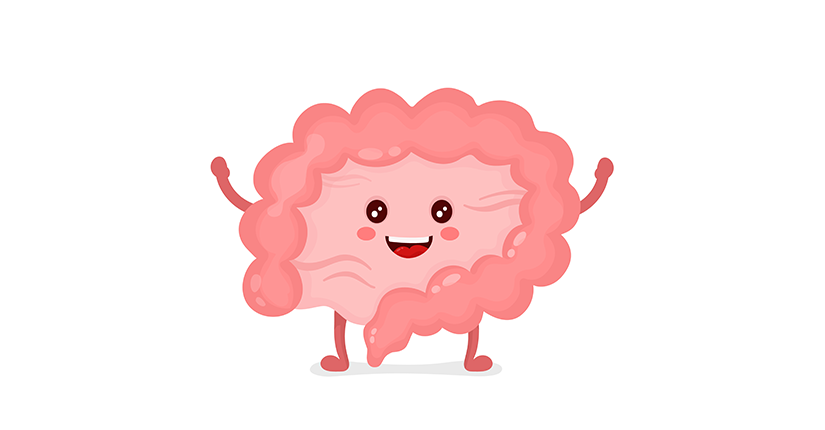
When it comes to gut, making your gut feel happy is like one stop solution for many problems. Gut related issues are not only when you face digestion problems but also when you are stress out about something in your brain, you are nervous or simply you are feeling sad.
Anything about gut always has two terms which are related and are highlighted- Prebiotic and probiotic.
Prebiotics are foods that enhance our existing gut bacteria and encourage the development of a diverse community of microbes. These foods are complex carbohydrates, such as vegetables and whole grains. Probiotics are foods, or food supplements, that contain live bacteria thought to be beneficial to us.
This includes live yoghurt, some cheeses and fermented foods.
Useful tips for good gut health:
- Have a wide range of plant-based foods. A healthy gut has a diverse community of microbes, each of which prefers different foods.
- Consume more fibre. Fruit, vegetables, pulses, nuts and whole grains feed healthy bacteria.
- Avoid highly processed foods. They often contain ingredients that either suppress ‘good’ bacteria or increase ‘bad’ bacteria.
- Probiotic foods, such as live yoghurt, might encourage more microbes to grow. Add it to your daily diet.
- Choose extra-virgin olive oil over other fats when you can. It contains the highest number of microbe-friendly polyphenols.
- Antibiotics kill ‘good’ bacteria as well as ‘bad’. If you need antibiotics, make sure you eat good quality of nutrient rich foods that boost your microbes afterwards.
- If your diet is low in fibre, a sudden increase can cause wind and bloating. This is less likely if you make gradual changes and drink extra water.
Sprinkle ground flaxseed on smoothie bowls or salads. But be sure to choose freshly ground flaxseed or to grind it fresh yourself because whole flax seeds pass through your body without being digested. Also, know that flaxseed goes rancid (or bad) quickly. Buying whole seeds and grinding them in small batches yourself as well as storing them in the fridge or freezer is best. (And, yes, rancid flaxseed will taste bitter and unpleasant.)
Whole grains contain lots of fiber and non-digestible carbs, such as beta-glucan. These carbs are not absorbed in the small intestine and instead make their way to the large intestine.In the large intestine, they are broken down by the microbiota and improve the growth of certain beneficial bacteria.
Whole grains can promote the growth of Bifidobacteria, lactobacilli and Bacteroidetes in humans (In these studies, whole grains also increased feelings of fullness and reduced inflammation and heart disease risk factors.
Fruits and vegetables are the best sources of nutrients for a healthy microbiota. Though it is rich in fiber but can’t be digested by your body. However, fiber can be digested by certain bacteria in your gut, which stimulates their growth.
Protein sources like beans and legumes also contain very high amounts of fiber. Some high-fiber foods that is good for your gut bacteria include green peas, broccoli, chickpeas, lentils, beans.
The process of fermenting usually involves bacteria or yeasts converting the sugars in food to organic acids or alcohol. Examples of fermented foods include yogurt, Kimchi, Sauerkraut, Kefir, Kombucha, Tempeh and more.
Many of these foods are rich in lactobacilli, a type of bacteria that can benefit your health.
However, it is important to note that many yogurts, especially flavored yogurts, contain high levels of sugar and should be avoided.
Therefore, the best yogurt to consume is plain, natural home-made yogurt. This kind of yogurt is made only of milk and bacteria mixtures, which are sometimes referred to as “starter cultures.”
Furthermore, fermented soybean milk may promote the growth of beneficial bacteria, such as Bifidobacteria and lactobacilli, while decreasing quantities of some other disease-causing bacteria.
Over to you
Fermented foods, particularly plain, natural yogurt, can benefit the microflora of gut by enhancing its function and reducing the abundance of disease-causing bacteria in the intestines.
0 thoughts on “Right Nutrition for a Happy Gut”
Leave a Reply
Your email address will not be published. Required fields are marked *




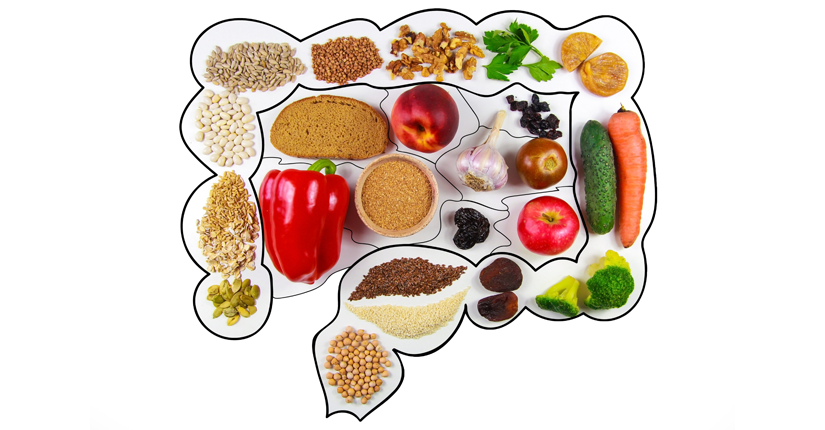
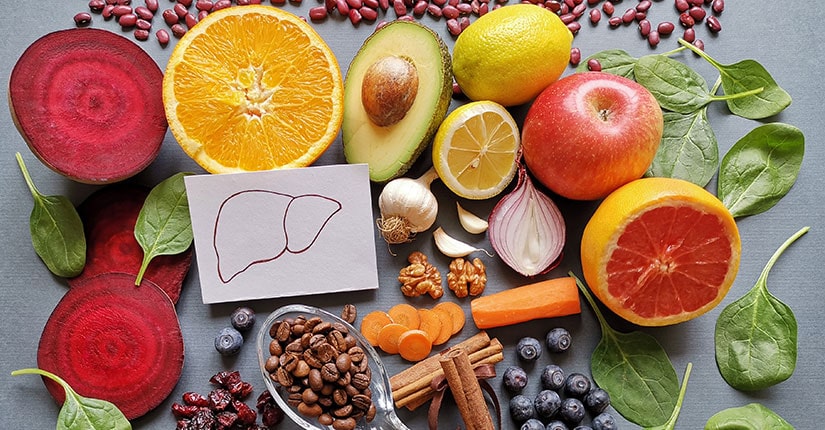
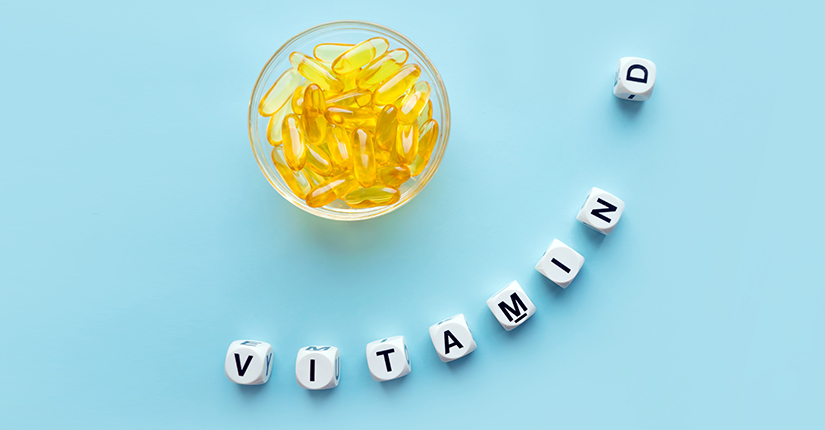
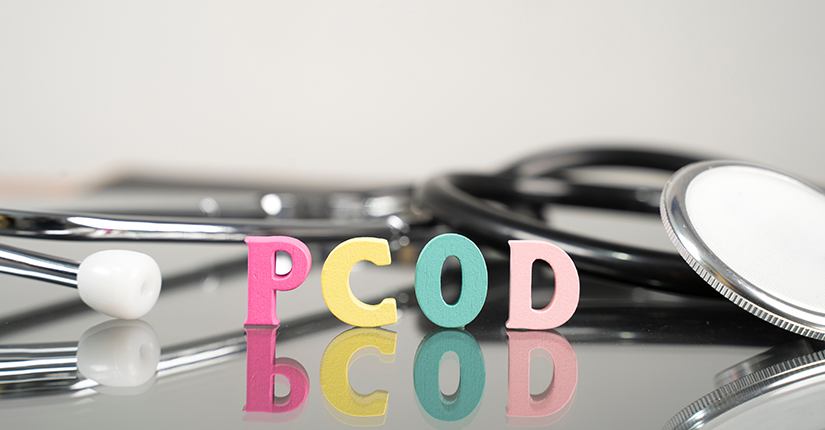
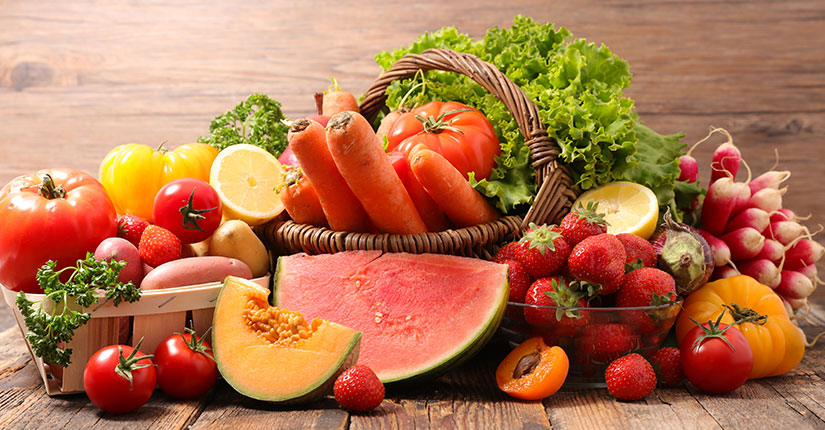





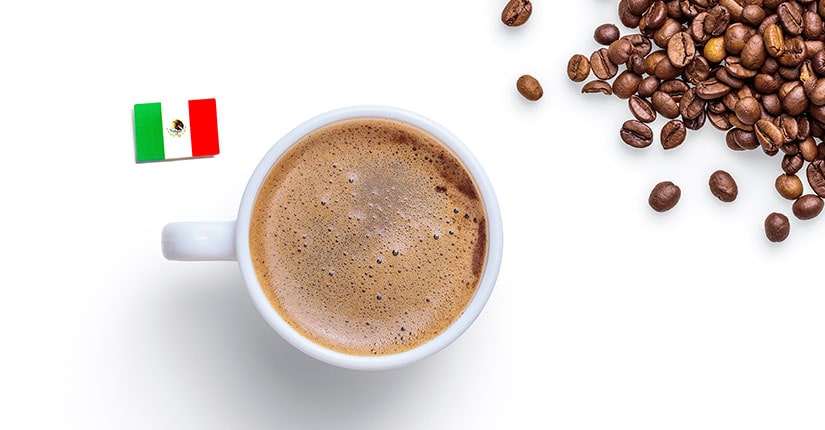
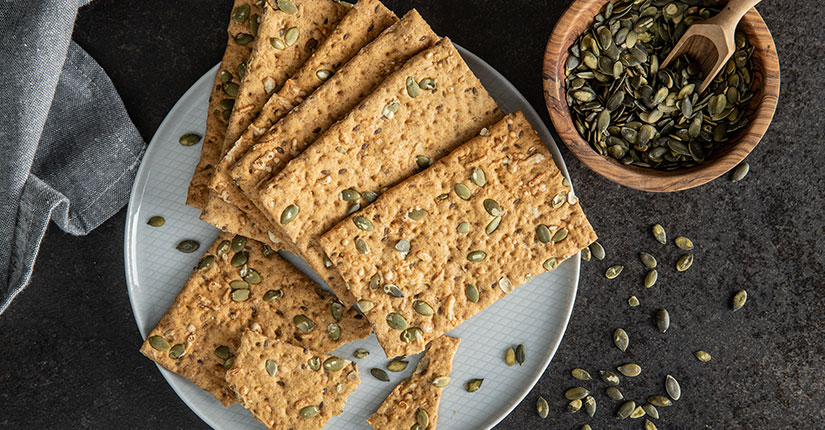
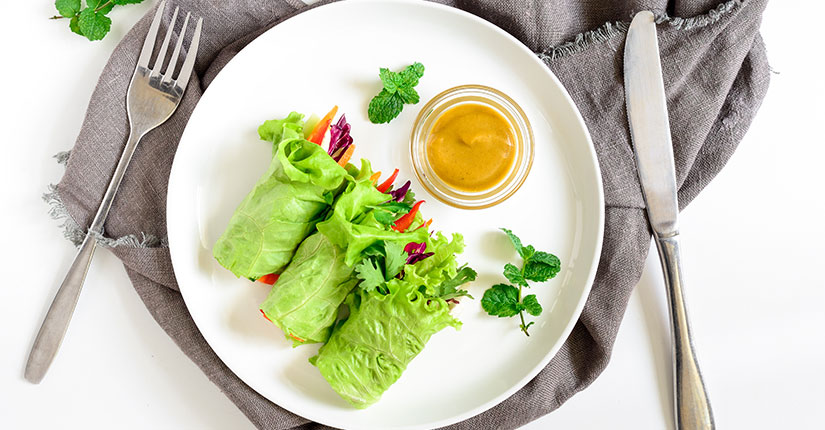

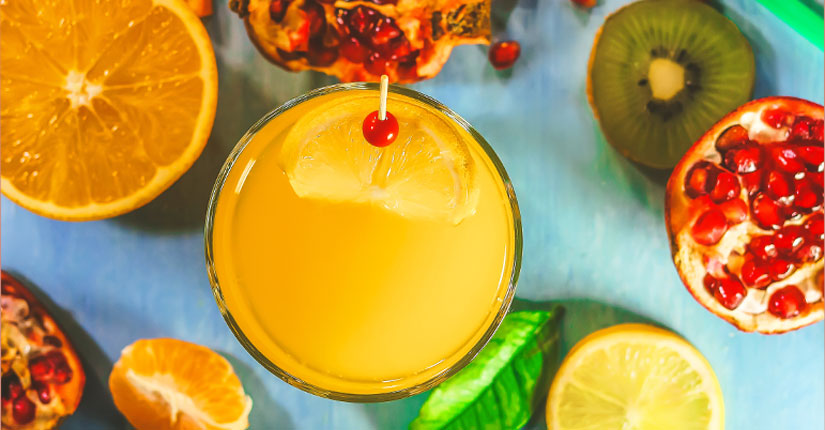


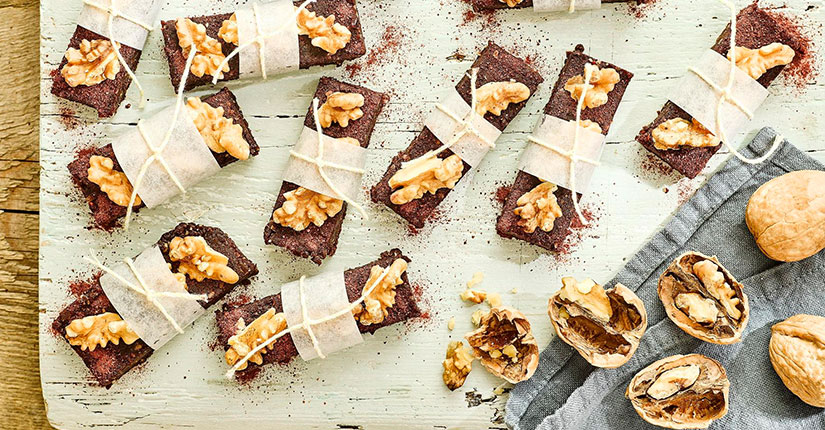
Very good information. Lucky me I ran across your site
by chance (stumbleupon). I have saved as a favorite for later!